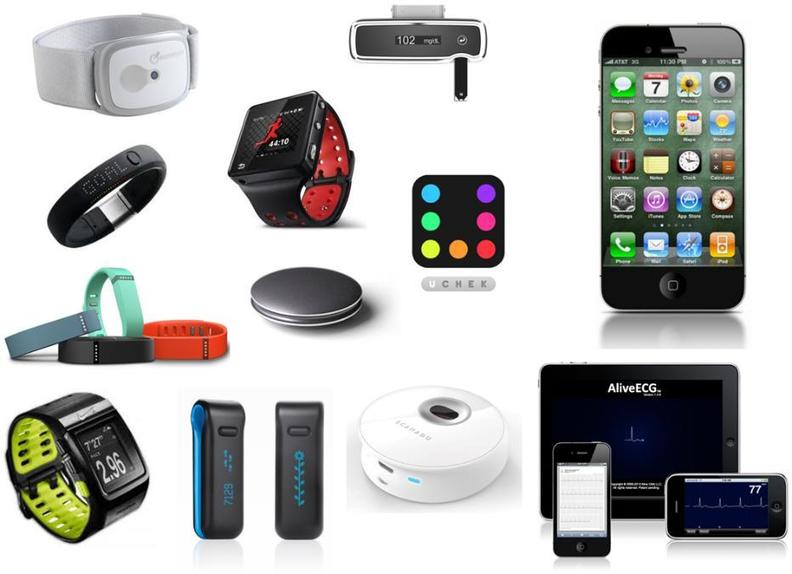Novartis Investing in $49 Billion mHealth market – Healthcare Social Media India
27/09/2014Gartner aims to debunk key big data myths
28/09/2014Five Expectations For Physicians About The Future of Medicine
Five Expectations For Physicians About The Future of Medicineby Bertalan Meskó (MD, PhD) on September 25, 2014
The waves of technological changes coming towards us will generate new possibilities as well as serious threats to medicine and healthcare. Every stakeholder must prepare for these changes in order to reach a balance between using disruptive technologies in medicine and keeping the human touch.
I remain confident that it is still possible to establish that balance and there are reasons not only for patients but also for physicians to look forward to the next few years in medicine. Here are 5 of them.
1) Finally focus on patients
Technology is not against physicians and algorithms are not designed to replace them. Instead, by using efficient and simple technologies in the practice, physicians will finally have time and energy to focus on the patients.
Looking into their eyes while inputting data with augmented reality (Google Glass or digital contact lenses); listening to patients instead of trying to find the right information (as IBM Watson provides that already); and having access to all the devices that are needed to provide a good care (smartphones serving as biosensor packages). What is it if not a great prospect?
2) Avoid burning out
With supercomputers being used in medical decision making; physicians having skills related to digital literacy; using intuitive IT solutions that make it simple to input, export and move around data just like how children today use touchscreen devices; and getting access to the medical information they actually need, hours can be saved every week.
With less effort and time, they will be able to provide more care for their patients. This way, patient reward becomes an essential part again in the process of practicing medicine helping caregivers avoid burning out.
3) Use data that patients collect
The wearable revolution in health peaking this year gives patients the chance to take care of their own health, thus measure health parameters that have only been available and accessible in the ivory tower of medicine.
By bringing this data to the doctor visit, they can save time and effort, moreover, a true partnership between them can be established. As devices become better, cheaper and more efficient, physicians can soon start encouraging their patients to measure parameters relevant to their health and the results will be discussed and used during the next visit.
4) Crowdsource, crowdfund and crowdsolve
With the advances of social media and technologies that give access to these channels, no medical professional should feel alone when dealing with a complicated medical problem of challenge.
If information is needed, it can be crowdsourced; if funding is needed for a new project; it can be crowdfunded; and when a real medical solution is needed, they can find that through an inter-connected network of experts, resources and services.
5) Share responsibility with patients
Although it is now the responsibility of physicians to become the guides for their patients online (that requires new skills), by empowering them, actually responsibility can finally be shared. Medical professionals don’t have to make decisions alone, but in a close partnership with the patient.
But for this, every stakeholder must start preparing in time.
Source: scienceroll.com




